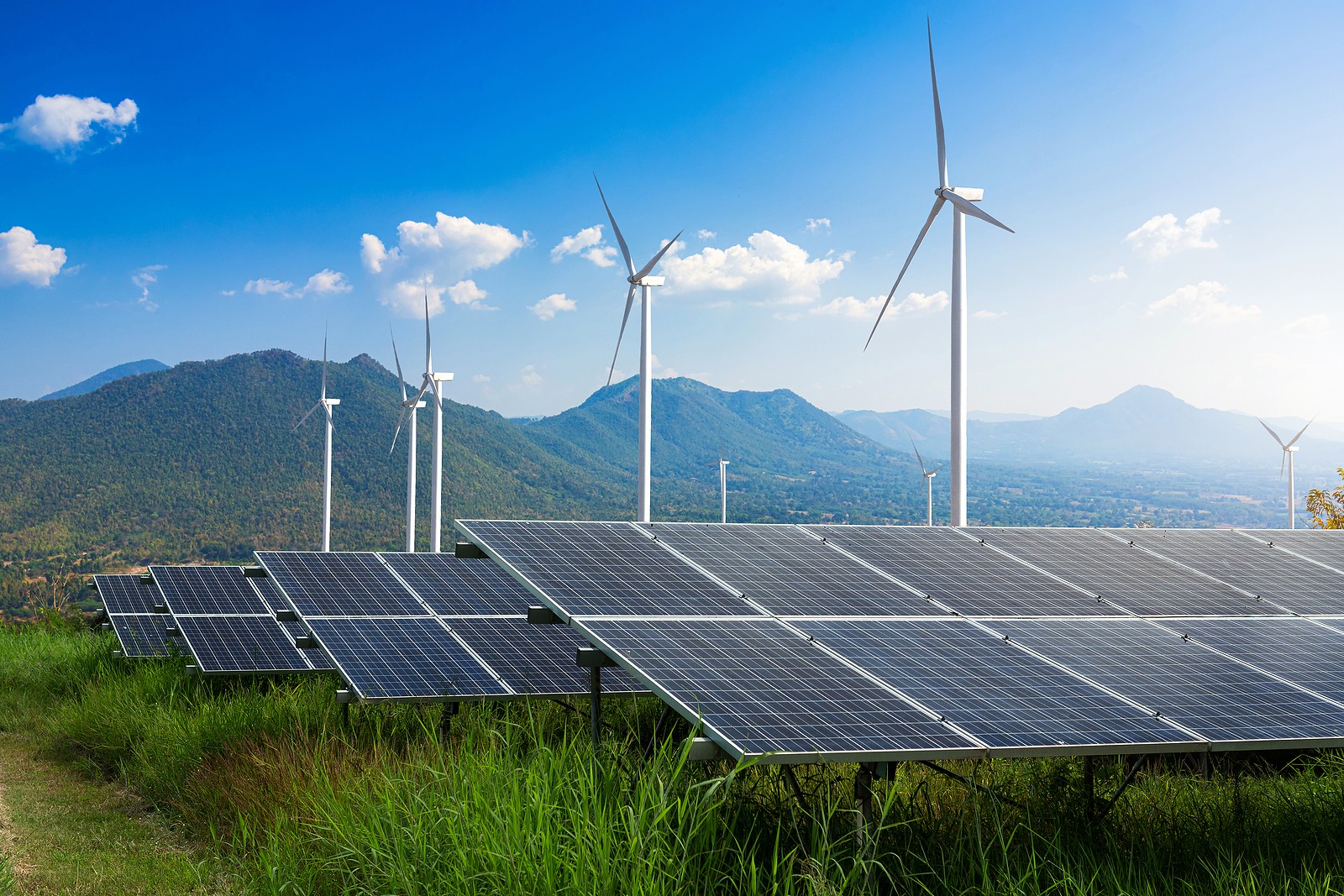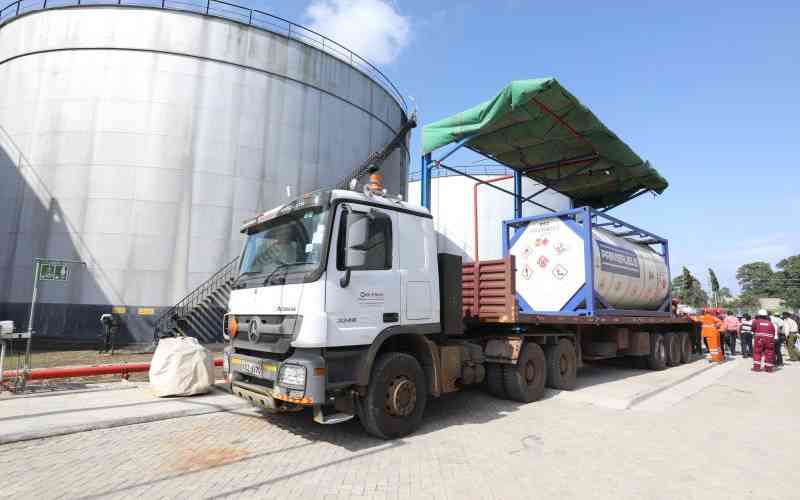Nigeria’s bid to foster local solar manufacturing by banning panel imports risks undercutting its own renewable energy ambitions. With over 85 million Nigerians lacking electricity, the sector depends heavily on affordable imports. Abrupt policy changes, amid limited local capacity, could spike prices by 40–150%, stall solar expansion, and weaken investor confidence.
Key Details & Immediate Impacts
- In 2023, Nigeria imported over 4 million solar panels valued at more than US$200 million.
- The government has proposed banning solar panel imports to boost local assembly, conserve foreign exchange, and generate jobs.
- Critics warn this measure is premature: local production currently stands at less than 20 MW, while the government aims for 10 GW by 2030.
- Expert estimates project that solar system costs could increase by as much as 150 percent, making installations unaffordable for many.
Nigeria grapples with a severe energy access crisis: fewer than 55% of the population are connected to the grid, and grid power is often unreliable or unavailable.
Also read: How Senegal Plans to End Gas Imports by 2026 and Power Its Future with Homegrown Energy
Off-grid solar solutions, like rooftop panels and mini-grids, offer lifelines for millions, especially in rural communities. Despite rich solar resources, Nigeria’s large-scale solar sector struggles due to high interest rates, currency devaluation, weak government guarantees, and investor hesitancy.
Why the Import Ban Threatens Progress
- Limited Local Manufacturing Capacity
Domestic production capacity remains a tiny fraction of national demand. Stakeholders argue local production simply isn’t ready to scale, calling the ban “premature and risky.”
- Escalating Consumer Costs
With import restrictions, solar systems could cost 40–60% more or even up to 150% more by some estimates. Such price hikes risk pushing households and small businesses back toward diesel generators and away from greener alternatives.
- Reduced Energy Access and Project Delays
Many mini-grids and off-grid projects rely on imported equipment to meet underserved communities’ needs. Even modest delays or cost hikes could derail deployment. The Centre for the Promotion of Private Enterprise (CPPE) warns that banning imports would “worsen the problem of energy access” and impose high welfare costs.
- Investor Uncertainty and Policy Contradictions
Abrupt import restrictions could scare off investors in solar and clean energy. The policy also sends mixed messages: while banning imports, Nigeria continues to sign large solar procurement deals, undermining policy coherence and trust.
Nigeria’s Renewable Energy Master Plan calls for renewables to account for 10% of energy mix by 2025, while its Energy Transition Plan targets 30% by 2030.
An import ban, implemented without a clear roadmap, threatens to derail these targets and hinder equitable economic growth.
Also read: Kenya Secures $169m Japanese Samurai Credit to Boost Auto Assembly and Cut Power Losses
Policy experts and industry participants recommend a balanced, phased approach:
- Phase-In Strategy
Introduce import restrictions gradually over 3–5 years, allowing local assembly capacity to catch up.
- Reduce Input Tariffs
Remove duties on raw materials (e.g. PV cells, glass, frames) to make local manufacturing cost-competitive.
- Enforce Quality Standards
Strengthen certification processes to protect consumers and build trust in local products.
- Stakeholder Engagement
Involve developers, financiers, installers, and communities in policy design to ensure grounded, practical outcomes rather than sudden edicts.



